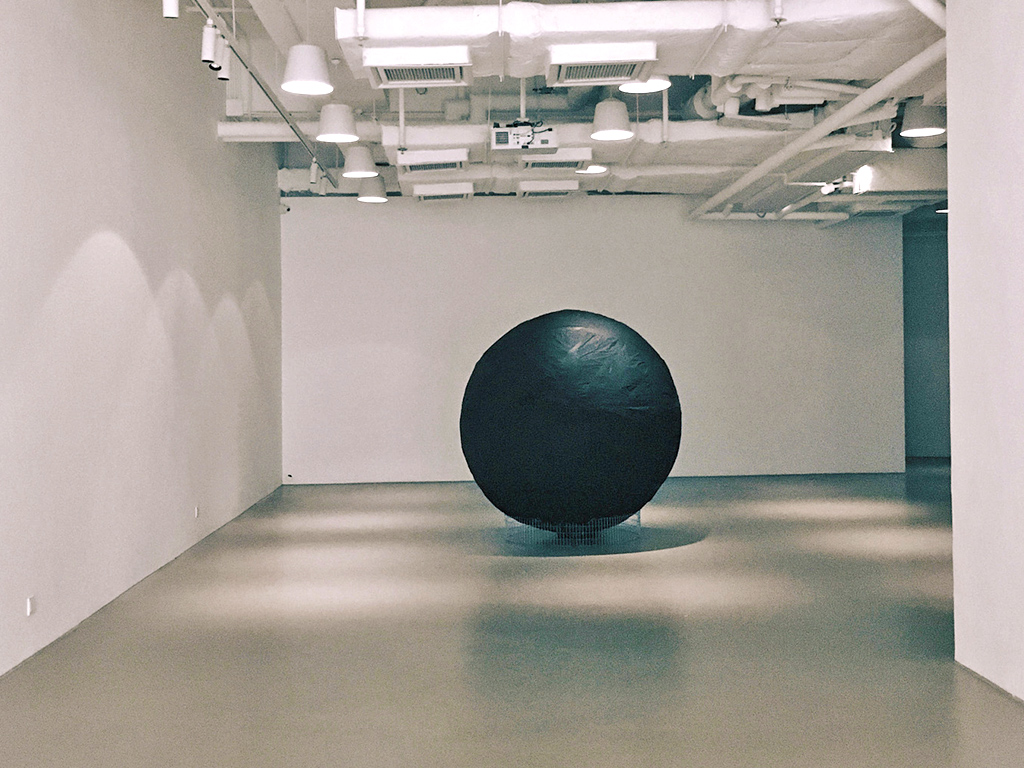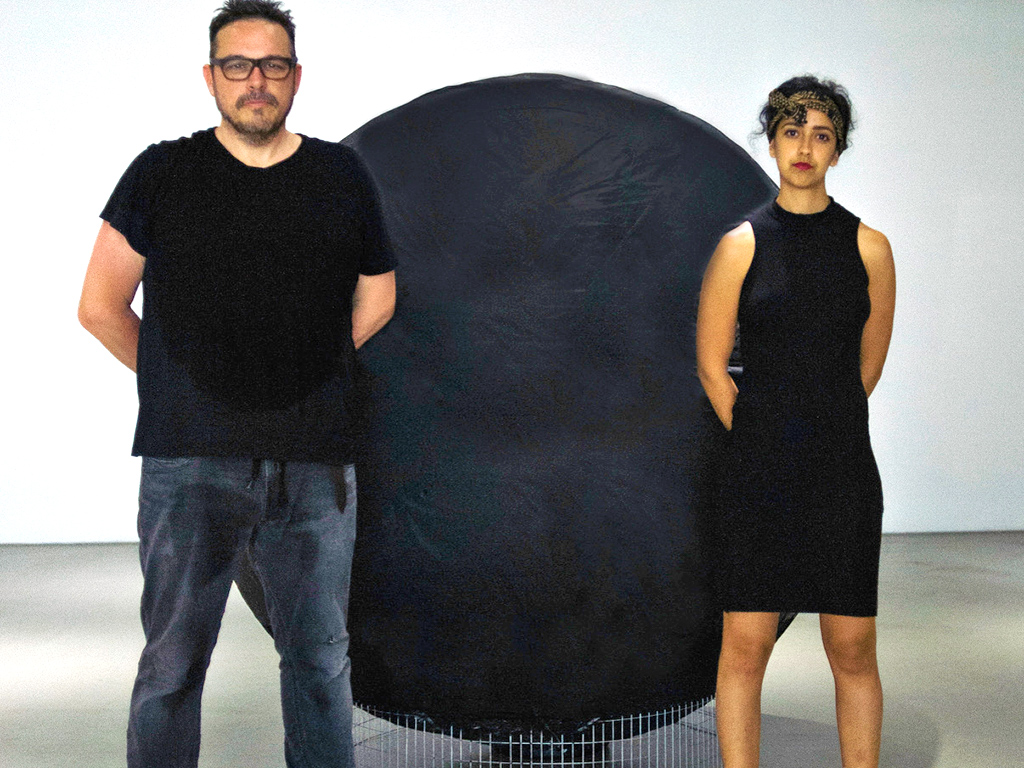Heirlooms: Global Women Community Camel Assembly & Local Artist Thomas Herron Raise Alarm About Plastic Crisis
2 Mins Read
Earlier this June, Camel Assembly, an international community of creative female leaders, joined forces with Hong Kong based designer, Thomas Herron to create a series of installations highlighting plastic pollution generated throughout the city for the UN Environment’s World Environment Day. Titled Heirlooms, the artists crafted 12 large-scale spheres molded from compacted, recycled, single-use plastic; constructing the same volume of waste that generates across the Special Administrative Region in one minute. With the largest plastic orb weighing 400-kilograms and painted in dense ultra-black paint, organizers explained the installation “exploit the symbolism of the black hole as a metaphor for current perspectives on waste disposal, and represent the plastic inheritance that will be left to the next generation.”
Erik Solheim, Head of UN Environment, said in a statement, “The world is waking up to the fact that plastic pollution is one of the most urgent environmental issues of our time, but that it’s also something that we can solve. This year’s World Environment Day is therefore a call to action for all of us.”
In an initiative to cut plastic waste worldwide, the United Nations Environment Programme’s (UN Environment) theme this year, #BeatPlasticPollution, has seen solidarity with similar campaigns around the globe with artwork ranging from abstract to cultural. In addition to Hong Kong’s metaphoric orb, a bus-sized windsock created from plastic bags has been built in Auckland; Thailand assembled seven massive gates made from tens of thousands of plastic bags; and Bali built a five-meter traditional ogoh-ogoh statue fashioned out of plastic waste.
Calling upon the people of Hong Kong to refuse any items that can’t be reused, co-founder of Camel Assembly Keshia Hannam said, “This is our city, this our harbor and our ocean. This is our plastic and our future. When we take responsibility for being part of the problem – understanding and accepting the majority of the plastic in Hong Kong landfills is household waste – we realize we can actually do something about this problem right now.”
In recent years, local companies have taken encouraging strides to reduce our city’s waste and there has been a push by local activists and eco media platforms to raise awareness about this urgent crisis. We have seen Hong Kong startups transforming so-called waste materials into new products. Online platforms like Food Savior have been tackling the food waste in the city to prevent restaurants from sending their surplus to our landfills. We here at Green Queen have pledged to make 2018 the year of #ZeroWaste, offering consistent coverage of the city’s burgeoning movement and launching a podcast dedicated to the subject.
Want to break up with Single Use Plastics? Here’s our complete guide.
All images courtesy of Camel Assembly




